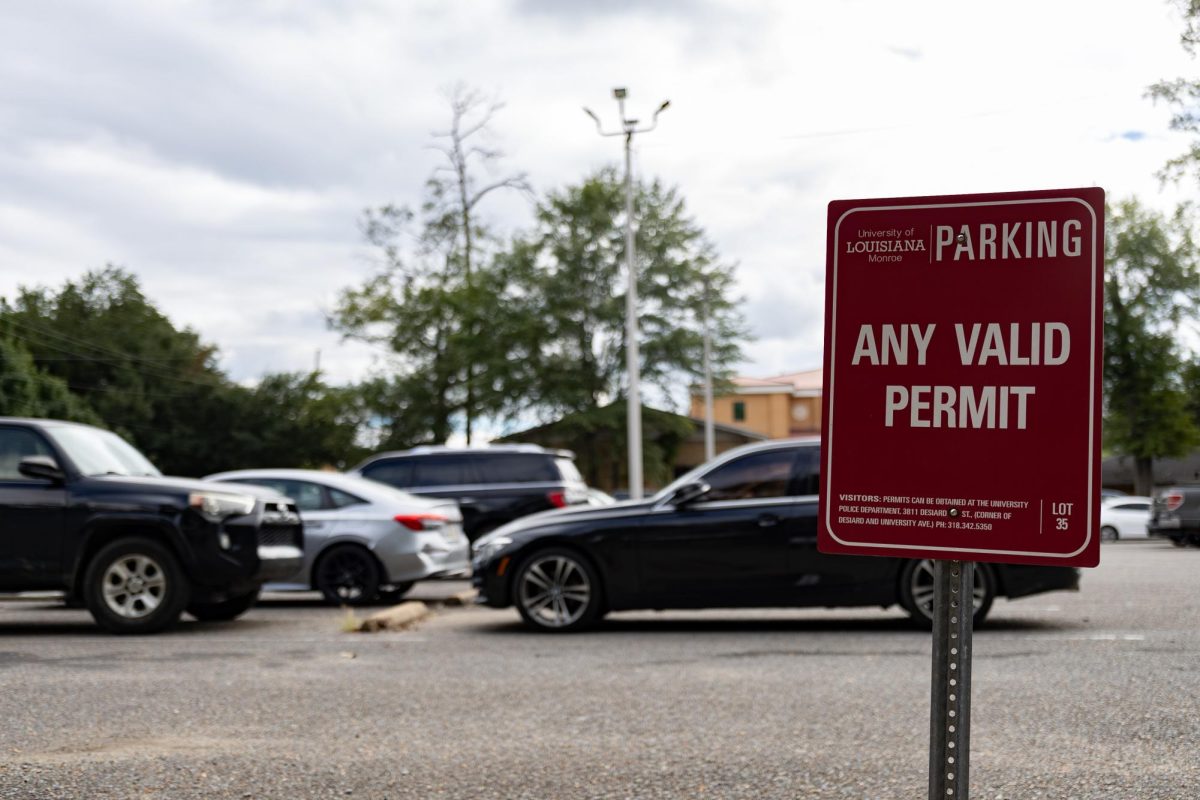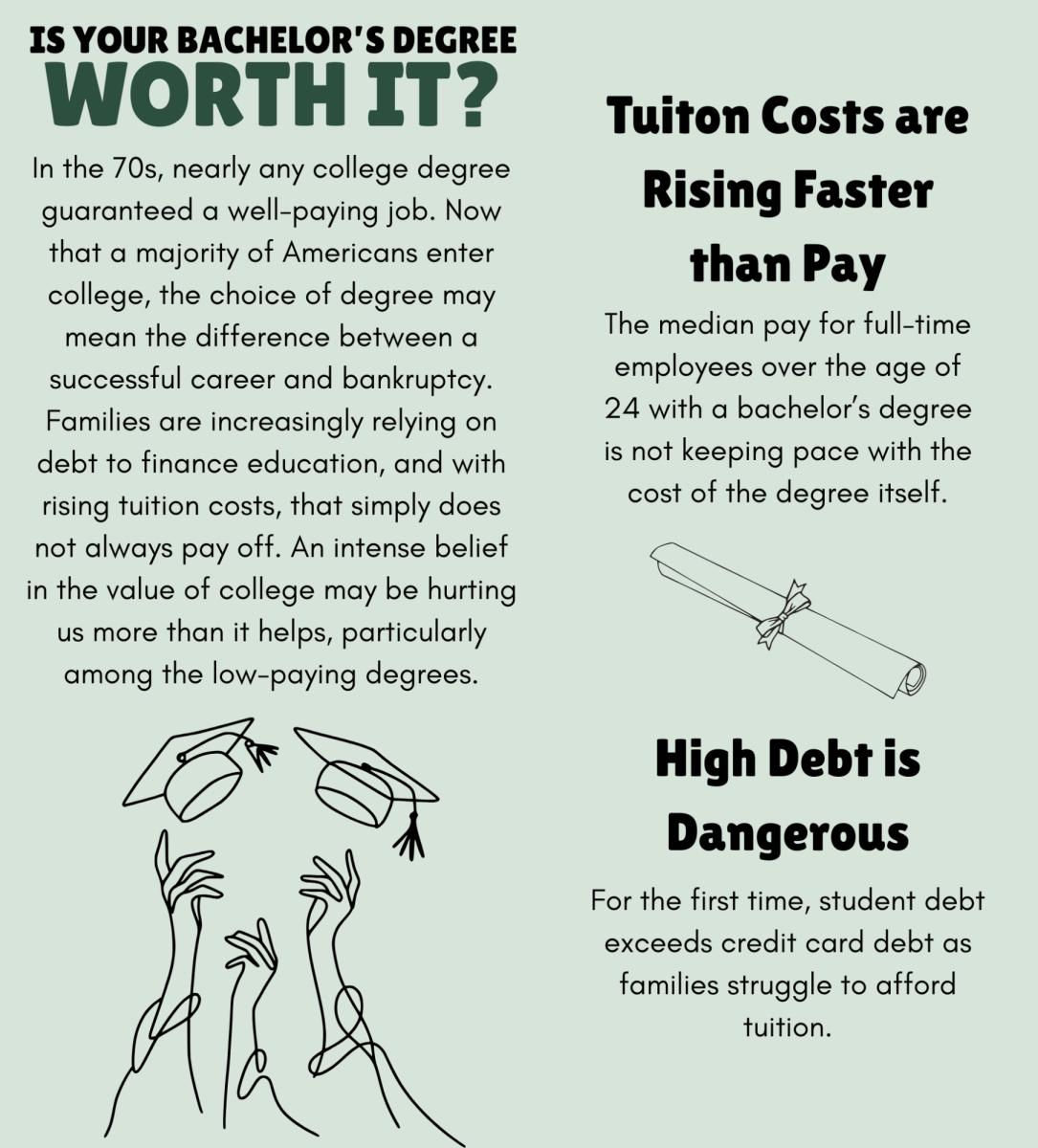After surviving the dreaded week of midterms, students expected a break in assignments and tests. Instead, they find themselves ensnared in the relentless grip of burnout. This isn’t just about feeling tired; it’s a profound exhaustion that seeps into every pore, dampening spirits and dimming the bright flame of enthusiasm with which one began the semester. Yet, without recognizing the signs of burnout and taking steps to mitigate its effects, the path to success can become daunting.
Burnout stems from continuous pressure and stress. When every assignment and task affect your future, how could it not build up like a dam? It manifests through a loss of motivation and feelings of helplessness. Burnout turns what should be a journey of learning and discovery into a struggle for survival. The reasons for burnout range from the pressure to maintain high grades to the challenge of balancing coursework with personal commitments. First, acknowledging the issue is the most important step. Institutions play a crucial role in college burnout by fostering an environment where students feel supported in discussing their struggles without fear of judgment.
Proactive measures can significantly alleviate the risk of burnout. Time management skills are essential; organizing your schedule to include breaks and leisure activities can rejuvenate the mind and body. Campuses organize workshops and seminars on stress management techniques, promoting practices such as mindfulness and exercise. The workshops and seminars are shown to reduce stress levels.
Creating support networks among students and sharing coping strategies cultivates a sense of community and belonging. Establishing peer support groups makes a huge difference in battling the sense of isolation that often accompanies burnout.
By setting realistic academic goals, maintaining a balanced lifestyle, and seeking support when needed, students can navigate their academic journey without succumbing to burnout. The university, for its part, must continue to innovate and implement supportive measures that address the mental health and well-being of students.
The battle against burnout requires a collective effort from the students and the university. By acknowledging the signs, implementing preventive measures and fostering a supportive community, we can ensure that our academic lives are fulfilling rather than harmful.





